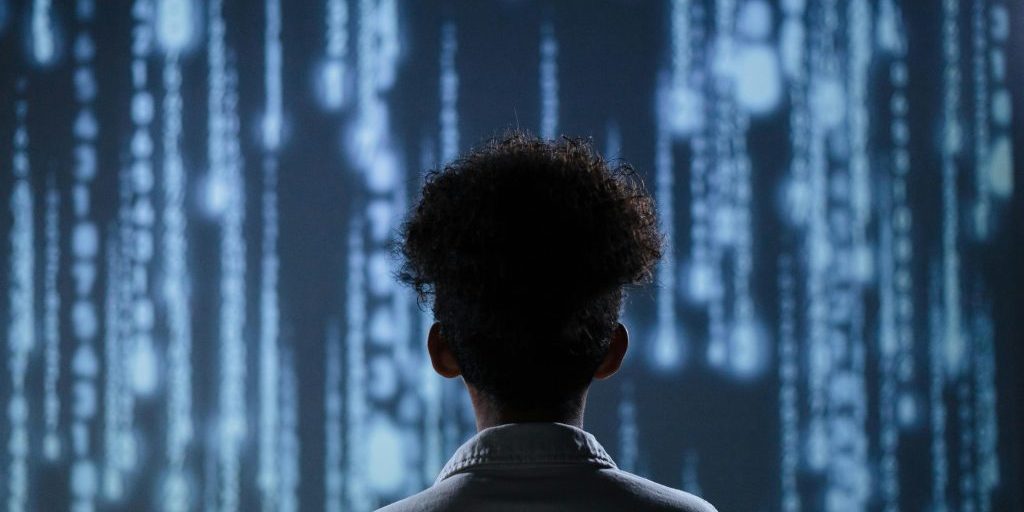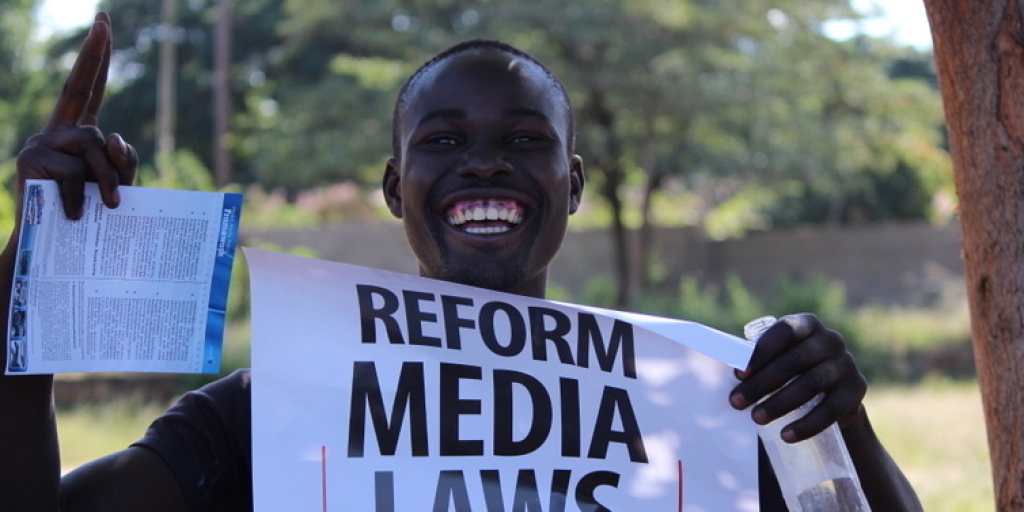Consent, financial compensation and citation: Intellectual Property and AI
PICTURE: Ylanite Koppens/Pexels
The World Intellectual Property Organisation (WIPO) organises a week-long Standing Committee on Copyright and Related Rights conference twice a year in Geneva, and this year saw speakers from South Africa, as well as Latin America and Europe, address government representatives from around the world on the implications of AI on the future of news publishing.
The event was opened by WAN-IFRA’s Elena Perotti, who provided a global overview of the issues, focusing on the risk of disintermediation and the need to use AI systems for professional, quality news content.
James Hodge, Chief Economist and Acting Deputy Commissioner at South Africa’s Competition Commission, discussed the findings in the provisional report of the Media and Digital Platforms Market Inquiry (MDPMI), a 16-month process which examined the impact of global digital platforms on South Africa’s local media industry.
The report recommended a series of remedies in defence of the domestic news media – from a collective negotiation exception, to transparency obligations to hefty levies should agreements not be reached.
The international legal framework was illustrated by Isabella Splendore, Head of Legal and International Affairs at the Italian Federation of Newspapers and Magazine Publishers (FIEG).
Splendore delved into the different approaches of the EU as compared to the US, and analysed the implications of the pivotal decision in Thomson Reuters vs Ross Intelligence, which resulted in a rejection of the Fair Use defence in the training of a Large Language Model (LLM) using copyrighted materials.
The session was concluded by Martín Etchevers, President of the Association of Argentine Journalistic Entities (ADEPA). Etchevers proposed a roadmap in three steps to ensure fair compensation to the media:
- establish global agreements that include both large and small and medium-sized media
- initiate legal action if the AI companies do not agree to pay for the use of journalistic content, and
- move towards updating laws and regulations to protect information production in a changing technological environment
Etchevers shared Argentina’s experience, saying that ADEPA had asked Search engines what sources were used to train their AI tools, and their answer was clear: ‘Argentina’s major media outlets.’ He added: ‘That’s why they have to pay for that service.’
He proposed three basic principles for structuring the relationship between media outlets and AI platforms – consent, financial compensation and citation, in the spirit of respect for copyright – and presented cases of agreements reached by media outlets with technology companies such as OpenAI, Perplexity and Meta, but which are still insufficient for the vast majority of media outlets worldwide.
‘Our unwavering goal must be for AI companies to pay for our work and for training their tools with our content,’ he emphasised, noting that, with current legislation active now in different parts of the world, ‘there are legal tools to defend the rights of journalists and media outlets’.
‘The development of AI cannot come at the expense of journalism. If there are no clear rules, it not only affects the media, but also the quality of information and, ultimately, democracy’
Perotti highlighted that the launch of ChatGPT in 2022 marked a turning point, turning a complex technology into an accessible and mass-market resource. ‘It works depending on how you train it: if you give it good material, it will respond well, but the risk is in training it with junk,’ she warned.
Perotti also highlighted the fundamental role of the media in the AI ecosystem: ‘That’s why AI systems are trained with newspapers. Today, tools like ChatGPT mediate between content and the user, who no longer needs to go to the original source to obtain information.’
She defended the value of on-the-ground journalism: ‘The most important images in the world circulating on social media today were captured by journalists who were on the scene.’




